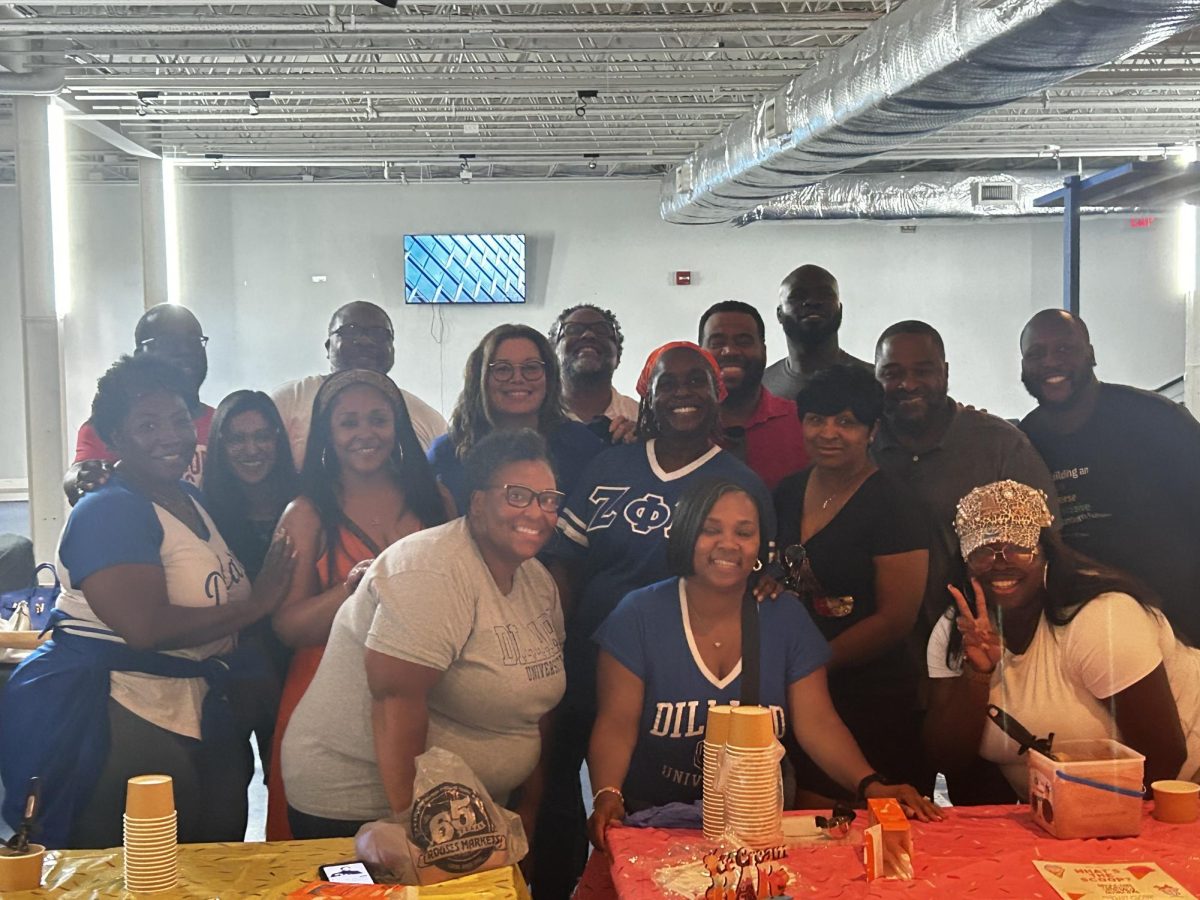In past years, Dillard University’s housing department has had questionable tactics as far as how students are assigned to their residential unit. Dr. Freddye L. Hill, vice president of Campus Life, has started a new housing assignment strategy called the housing lottery. While students have feeble thoughts about this process, Dr. Hill gives her assertion on the value of this new housing strategy.
According to Dr. Hill, as a consultant, an assessment was made of campus life at Dillard. One of the goals that have been established was to increase the number of students living in housing along with increasing the satisfaction.
"I did an assessment and wrote a report and one of the recommendations was to develop a progressive housing model with a lottery housing assignment system," Hill said.
Dr. Hill explained that a progressive housing model is a model in which each year a students’ housing options provide greater responsibility, more options, greater accountability and greater degrees of freedom.
"In this type of model, first year students live in traditional dormitories, then they move to suites and then they go to apartments. And so that is the progressive model we used for Dillard," Hill said.
In explanation, a housing lottery is the process by which eligible students are randomly assigned lottery numbers. Students’ lottery numbers determine when they are eligible to select their residential units.
According to Dr. Hill, every student who paid their deposit will be given a number. Sophomores will only have the option of living in the Nelson Complex and Williams Hall. Juniors will have the option of choosing the DUALS, the Gentilly Gardens, the Elysian Field Apartments, the Nelson Complex and Williams Hall, along with seniors. However, seniors will have the first pick and what is left over will be for the juniors.
"Some juniors may end up in the DUALS and some may end up in the Gentilly Gardens. But in the first round I believe that all the students who want to live in the Elysian Field Apartments will be able to because only 50 people signed up and it is based on your random number," Hill said.
Dr. Hill encouraged students to go into the lottery individually and as a group.
"I stress this to students because, for example, if you don’t get a single room in Elysian Fields, then you should talk with your friends and go in as a group to live in the DUALS," Hill said.
Dr. Hill also gave a thorough explanation as far as how the lottery will work when going in as a group.
"If you get lottery pick number 10 out of all the 40 sophomores who deposited, you can decide where you can live by having the tenth pick. If your friends are lottery pick number 39 and 40, you can pull them into the apartment you’re going to live in. By having the lowest number out of your two friends, you get the single bedroom because you’re bringing them in, so you decide if you want the single bedroom or if you want to share," explained Hill.
Some students do not agree with the new housing lottery. Christina Witt, a sophomore mass communication/business major, said, "It seems fair in a way, but then what about the people who cant pay their housing deposit. Do they just get the bottom of the barrel?"
Jerod Pinder, a junior psychology major, said, "I feel that this procedure is going to take away the freedom to choose where we want to live."
According to Dr. Hill, if someone missed the March 23 deadline, when he or she pays, residence life will have another lottery after April 15 and that student will be able to select from what is left. There will also be another lottery on June 1 and throughout the summer, so that based on the students’ numbers, they can decide where they want to live.
"The housing lottery is random to make sure that everyone has an equal chance of getting desirable housing. If we did it based on when you paid, only those students who are fortunate enough to be able to pay their deposit will have "desirable housing". With this method, everyone will have an equal chance in getting what they want," Hill said.
Dr. Hill stated how the housing lottery will be beneficial through increasing student satisfaction with residential life through the progressive housing program.
"It will increase a sense of belonging to Dillard and a sense of space by knowing this is where you live. I also think that students will know more people around campus. If you continue to live together then you bond as a group and in the long term you’re going to be supportive of Dillard. And by this, I believe it will create a better alumni that will contribute more, not just financially, but in terms of talents and resources to the University," Hill said.

































